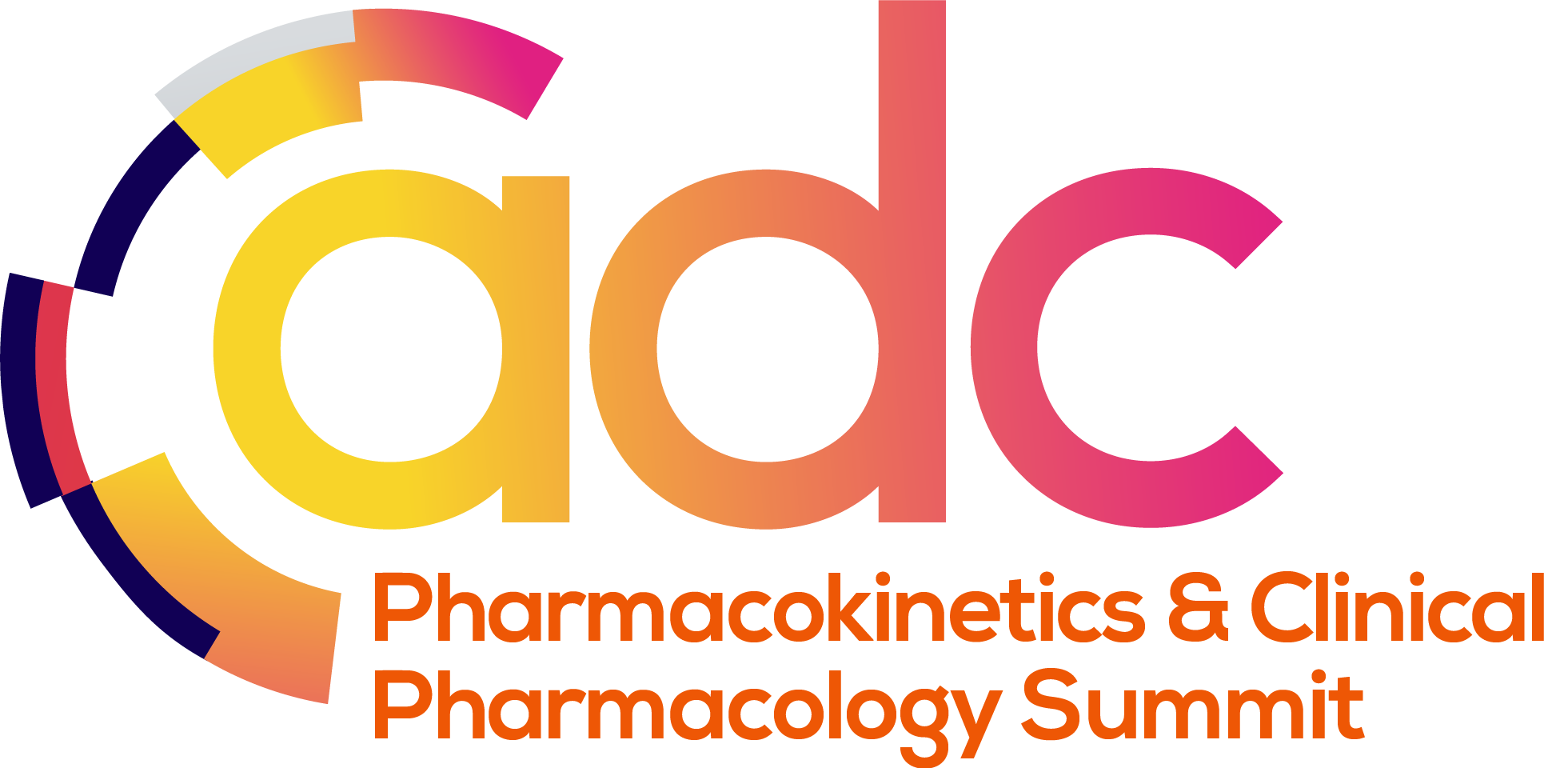Conference Day One
Wednesday, October 9, 2024
8:15 am Check In & Registration
9:15 am Chair’s Opening Remarks
Leveraging Quantitative Systems Pharmacology Models to Support ADC Translation & Clinical Dosing Success
9:30 am More Than the Sum of Their Parts: Integrating Data & Knowledge of ADCs in a QSP Platform Model to Predict Efficacy and Toxicity In the Clinic
Synopsis
- Implementation of a next generation platform systems pharmacology model for preclinical to clinical translation of ADC efficacy, clinical dose predictions including outcome (RECIST) criteria and differentiation from SoC in different oncology indications
- Development of a mechanistic model for prediction of ADC induced haematological toxicities and use to predict optimal dose and regimen to avoid thrombocytopenia
10:00 am QSP Modeling of a Transiently Inactivating ADC Highlights Benefit of Short Antibody Half Life
Synopsis
- Reviewing a case study of a targeted ADC with transiently inactivating payload
- Understanding the impact of decoupled antibody and payload kinetics on modeling and bioanalytical strategies
- Evaluating MID3 approaches for design to human dose prediction for targeted ADCs
10:30 am Morning Break & Speed Networking
Synopsis
The ideal opportunity to get face-to-face with many of the brightest minds in ADC development who are working in DMPK, PK/PD, pharmacometrics and clinical pharmacology and engage with attendees for important in-depth conversations.
Exploring Innovations in Mechanistic Modeling to De-Risk Clinical Decision Making & Inform Dose Optimization
11:30 am Leveraging Cutting-Edge Modeling to Better Understand ADC Drug Delivery- Format, Binding, & Predicting Payload Delivery
Synopsis
- Leveraging modeling to integrate preclinical data and guide ADC design and selection
- Analyzing experimental data for model validation
- Utilizing mechanistic modeling to evaluate the effect of ADC components/properties on tumor payload delivery
12:00 pm Nonclinical & Clinical PK & PD Modeling of HDP-101, an Amanitin Based ADC in Order to Optimize Dosing in the Phase I Clinical Trial
Synopsis
- Comparing clinical and nonclinical PK-PD data
- Building PD models based on collective data
- Running different dosing on models to select clinical strategy
12:30 pm Lunch
Sharing Advice on Dose Optimization & Meeting the Evolving Guidelines of Project Optimus for Driving Forward ADC Clinical Development
1:30 pm Dose Selection of ADCs Based on Clinical Data & Exposure-Response Analysis-Informing Clinical Strategy
2:00 pm Utilizing PK Characterisation & Exposure-Response Analysis to Support Dosing in Paediatric Populations
Synopsis
- Population PK analysis indicated the pharmacokinetics of brentuximab vedotin (BV) were consistent in adult and pediatric patients
- BV ADC exposures were lower in patients aged 2 to <12 years vs. ≥12 years following body weight dosing
- Exposure-Response analyses and additional age/body weight subgroup analyses showed consistent benefit-risk profiles across age groups; these findings support the approve body weight dose for pediatric patients 2 years of age and older with previously untreated high risk classical Hodgkin lymphoma
2:30 pm Afternoon Break
Synopsis
This is an informal session to help you connect with your peers in a relaxed atmosphere and forge new and beneficial relationships. With an audience of ADC experts working in DMPK, PK/PD, pharmacometrics and clinical pharmacology, you will have the opportunity to display a poster presenting your own work. Additionally, you will have the chance to review others’ posters displaying cutting-edge work from drug discovery right through to exciting clinical trial updates.
3:00 pm Development & Clinical Pharmacology Considerations for ADCs – An Overview
3:30 pm Roundtable Discussion – How Can We Utilize Clinical Pharmacology Assessments to Inform Strategic Decision Making in the Clinic?
Synopsis
Insights, reflections and case studies into how organ impairment, drug interaction and special population clinical studies can be best utilized to set a trial up for success.
Discuss these important questions:
• How early on should we be carrying out clinical pharmacology-based assessments?
• How can we utilize these as more than just ticking a box?
• What does the future look like for these kinds of studies?
